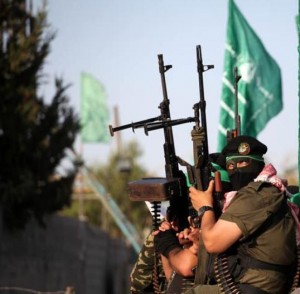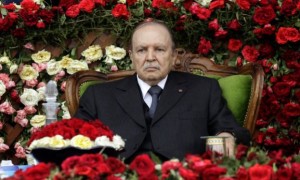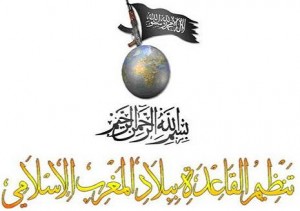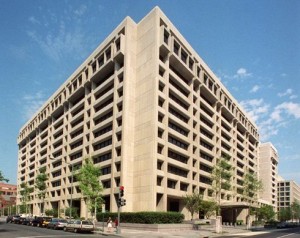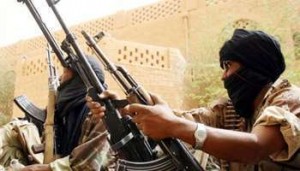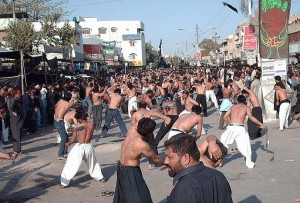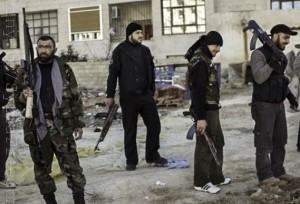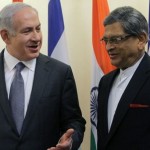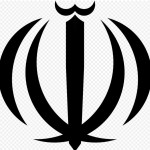Arab Spring 2011: Crisis support & evacuation
Evacuation of foreign students stranded in rural area in Egypt
January, 2011: Amidst a breakdown in public services and increasingly uncertain political and security situation unfolding nationwide, dozens of foreign entities from a variety of sectors requested evacuation simultaneously from Egypt. With many security providers overwhelmed and unprepared for requests of evacuation, MAX Security facilitated the safe evacuation of hundreds of expats based in the Middle East and North Africa.
One of the more challenging assignments was evacuating 38 U.S. university students and faculty, who were stranded near an archaeological site hundreds of miles from Cairo.
Solution provided
- Within 12 hours, MAX Security implemented its evacuation procedure, providing ground security and transportation through our local contacts, led by the Max Egypt team with the official assistance of the Egyptian military.
- In conjunction with real time intelligence support from Max’s intelligence division, the students and faculty were transported by land routes to a local airport. Max also chartered a private aircraft, placed on standby, in the event that commercial flights were halted.
- The client contacts were briefed frequently throughout the process, providing updates every step of the way.
Result: Successful crisis response and evacuation to safety
The student group and their staff were evacuated safely and quickly from an outlying area in Egypt. The support provided guaranteed the safety and security of the personnel and saved the client potential financial loses and legal exposure.
